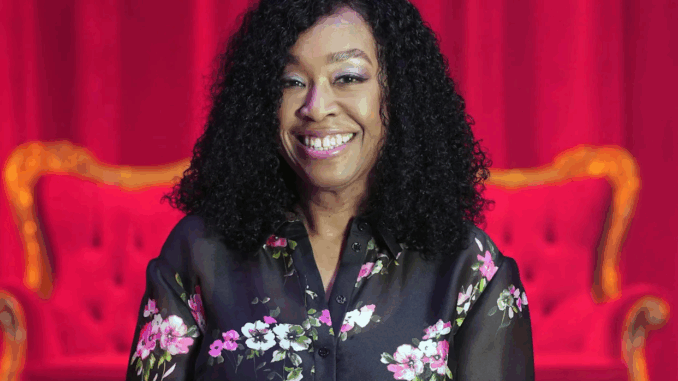
Shonda Rhimes, the iconic writer and director behind groundbreaking hit shows like Scandal, Bridgerton and How To Get Away With Murder, has opened up about a moment that almost halted the production of her first TV success, Grey’s Anatomy, in its tracks in HBO’s new mini-documentary series.
Seen & Heard is a new documentary from Issa Rae, the mind behind HBO’s hit TV series Insecure. The Emmy winner set out to explore the legacy of African Americans on television and share exactly how creators like Rhimes, Tyler Perry, Oprah Winfrey and more put their stamps on television’s colorful history.
“It’s astonishing to me that Grey’s Anatomy was the first television show I ever wrote,” reflected Rhimes in Episode 2 of the series, titled “Heard.” “I’m still amazed and really grateful that people are watching it. But I also feel like people were hungry for a certain kind of TV at that time, and we provided it.”
Grey’s Anatomy kicks off its 22nd season in October 2025, and much of its success has been attributed to its diverse cast. The spectrum of gender, race, and sexualities was a breath of fresh air when the series first premiered in 2005, and it kicked open the door for a flurry of diverse casting in shows. But when she first set out to cast the show, Rhimes hit a roadblock — even after telling her casting agent to bring in “everyone.”
“I’d done something, I guess, people didn’t do,” she says. “I hadn’t written anyone’s race into the script.”
While casting the pilot episode of the series, Rhimes “kept saying, ‘Where are all the actors?’ They would keep sending us these actors who all look the same, who were white. I remember standing up in the room and looking at the president of the network at the time and saying, ‘I’m not going to have an all white show.’”
Rhimes recalled everyone around her looking “really startled” and kept repeating, “Of course not, of course not. That’s never been the plan.” Once Rhimes put her foot down on the casting, “this flood of actors started coming. It was really wonderful. We got to see all these actors who had never been considered for roles other than very small parts.”
“I just knew that I was not going to make a show that I would’ve been embarrassed to put on TV,” she said in the documentary. “I wasn’t going to make a show that I was going to turn to my parents and go, ‘Yeah, it has an all white cast, but that’s how TV’s made.’ How was I going to say that to my dad?”
The main lesson Rhimes, as well as the documentary’s executive producer Issa Rae, tries to leave with Black and minority creatives is to trust their gut – and hold steadfast in creating the stories they want to tell, and to find ways to tell them despite what the Hollywood systems in place might think.